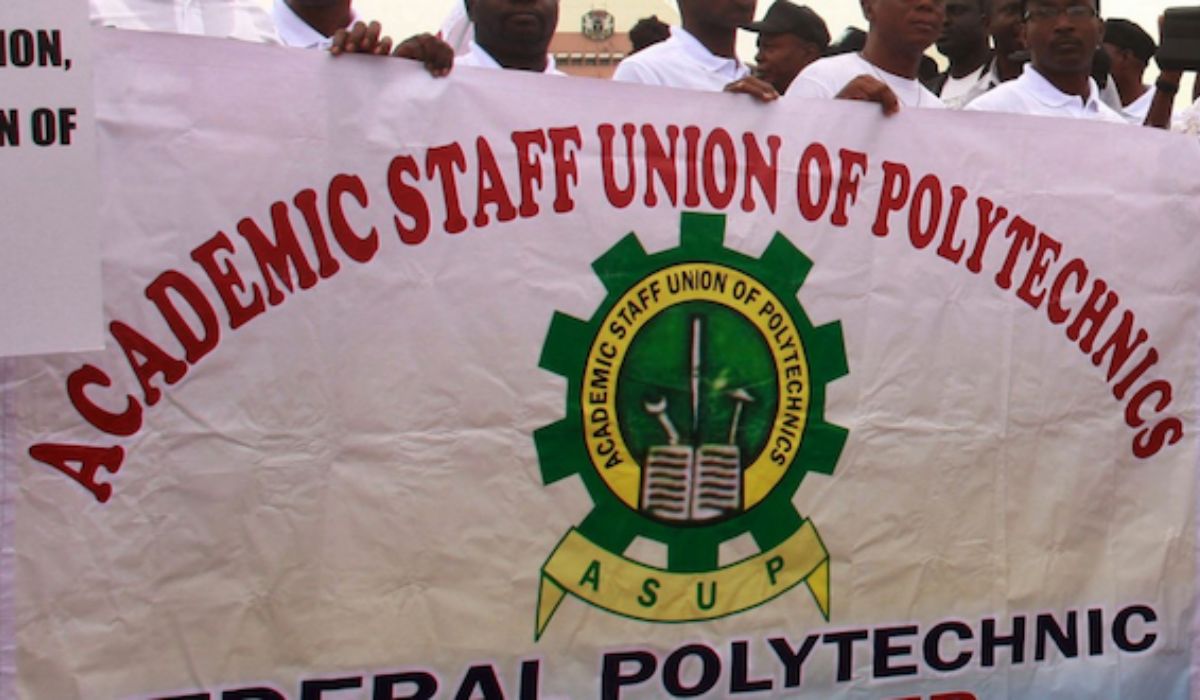
Given the critical role labour plays in an economy and the backlog of unresolved issues, the new Minister of Labour and Employment already has his work cut out, GLORIA NWAFOR reports.
President Bola Tinubu had, on Wednesday, reshuffled his cabinet, dismissing six ministers and appointing seven, amid expectations that the appointees will drive the implementation of his Renewed Hope Agenda.
As part of the changes, Tinubu appointed the former Minister of Police Affairs, Muhammadu Dingyadi as substantive Minister of Labour and Employment. His appointment came following the call for a replacement of Simon Lalong, 10 months after he resigned to take his seat in the Senate.
A former Labour Minister, Emeka Wogu, in an interview, had described the Ministry of Labour as quite central and strategic to the national economy “a prolonged industrial action can bring down the economy”.
Like in other countries, it is a key ministry. After the Ministry of Budget and National Planning, the next is labour because labour is central to the economy of every nation,” he said.
Although the Minister of State for Labour and Employment, Nkiruka Onyejeocha, had taken charge briefly in tempering the organised labour, at least in the two instances where they were out to bring the business of governance to its knees in the country.
Stakeholders in the sector have said that the new Minister of Labour and Employment must be a manager of men, a human resource guru, a mediation expert and a top-notch conciliator because, by the position, he is the Conciliator-in-Chief of the country. Specifically, they said he should not be seen to favour any party whether government as employer, private sector employers or employees in any circumstance when there is a dispute between parties, while he must be above board, having the ability to work as a government official without being a government officer.
To be an effective minister, considering the nature of the job, they said he must not be an office minister, but rather a factory minister who visits factories frequently and holds stakeholders’ meetings with employers and workers to know their challenges.
From the employers’ side, the Director-General of the Nigeria Employers’ Consultative Association (NECA), Adewale-Smatt Oyerinde, urged Dingyadi to urgently convey a social partners summit that would create an effective roadmap for the nation’s industrial relations system.
He said this was pertinent as he stands as an umpire to balance both the government and labour side to create harmonious labour and government relations which they had not seen in the recent past.
The NECA boss urged Dingyadi that it was important he conveyed a National Labour Advisory Committee (NLAC) meeting before the year ends. He also urged him to review the obsolete labour laws as well as the finalisation of the National Industrial Relations Policy.
He said the body looks forward to working with him to drive the economy out of the woods and also fast-track the total reform of the nation’s industrial relations system.
According to him, Dangyadi should facilitate a more robust industrial relations environment and fast-track the review of the National Industrial Relations Policy, given the new labour law.
According to the Deputy President of the Trade Union Congress of Nigeria (TUC), Dr Tommy Okon, he should develop a culture of being labour-friendly, because it is the engine that drives the economy. He said when there is industrial peace and harmony, productivity strives, and the economy automatically booms.
Noting that the ministry plays a critical role in the nation, Okon urged that Dangyadi must be intentional in creating cordial labour and government relations “because when there is an industrial crisis, the amount of manpower that would be lost vis-a-vis the financial implication would be enormous, especially at this critical time.”
The TUC boss said he believed he would work with the labour movement to ensure he creates an atmosphere that is acceptable and accountable to the unions and the government.
On the minimum wage, Okon said that despite that it has been signed and implementation has started across some states, “But no matter what, there would be some recalcitrant states and when that happens, we expect that the ministry would be able to broker in to ensure there is symbiotic and harmonious labour and government relationship, even in a short notice.”
While not being political, Okon said the minister needed to see himself as the father of both the employers and the employees. He said this is paramount considering that labour, as a custodian of industrial relations and workers’ welfare, should inform his policy direction.
Noting that some of the challenges facing labour administration in the country were a result of obsolete labour laws, he said Dangyadi needed to critically look at the review bills that have been sent to the Office of the Attorney-General of the Federation for drafting, to see how he could facilitate and fast track the passage of the bills into law.
“He needs to understand the working dynamics of labour administration in the country. He should take into cognisance International Labour Organisation (ILO) conventions, recommendations and protocols in dealing with labour matters,” he said. He needs to work with professionals in the ministry and listen to professional advice as it is going to help his policy direction in labour administration.
“The whole essence is to have industrial peace and harmony in the country, which is the perfect bedrock for productivity and the minister must play that central role to ensure this comes to effect.
“He should not see the labour unions as enemies in progress, but rather as partners in restoring socioeconomic stability.
“Ministers should not be given portfolios to compensate them. That should not be the yardstick to measure their performances. We measure their performances based on the turnover and reality on the ground. The fundamental thing is that he should create a symbiotic relationship between government and labour unions to ensure there is socioeconomic stability to aid productivity across sectors of the economy,” he said.
In his opinion, a labour lawyer-activist, Femi Aborisade, said the appointment of a new Minister of Labour and Employment would not make any fundamental difference in the lives of labour and the poor in the country.
According to him, it is not individual ministers that define the essential character of a political regime.He said that the policies and programmes which the President holds dear to heart define the character of a government. He argued that the appointment of a new Minister of Labour means that Dingyadi unconditionally accepted the policies that have defined the Tinubu presidency, which he said included devaluation of national currency through currency floatation, removal of fuel subsidy, perennial increases in fuel price and the non-implementation of a national minimum living wage which rises as inflation rises, among others.
He stressed that the increasing suffering, unemployment, pains, pangs, hunger, and anger of the masses would continue under the new Minister of Labour, who could not dare to challenge the pernicious policies of the Tinubu administration. According to him, the appointment of Minister Muhammadu Dingyadi represents no hope for the working class, unemployed, homeless and hopeless.






